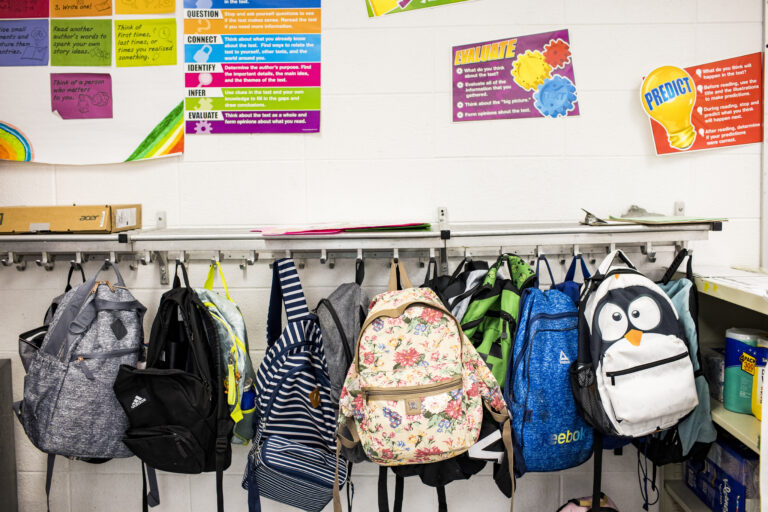
From Good to Great in Puerto Rico
TNTP helped transform teacher mindsets through a Spanish language arts professional development intensive for K-6 educators in San Juan, Puerto Rico.

TNTP helped transform teacher mindsets through a Spanish language arts professional development intensive for K-6 educators in San Juan, Puerto Rico.

TNTP ofreció desarrollo profesional a docentes de Español de nivel elemental en San Juan, Puerto Rico.
Sign up for updates on our latest research, insights, and high-impact work.
"*" indicates required fields